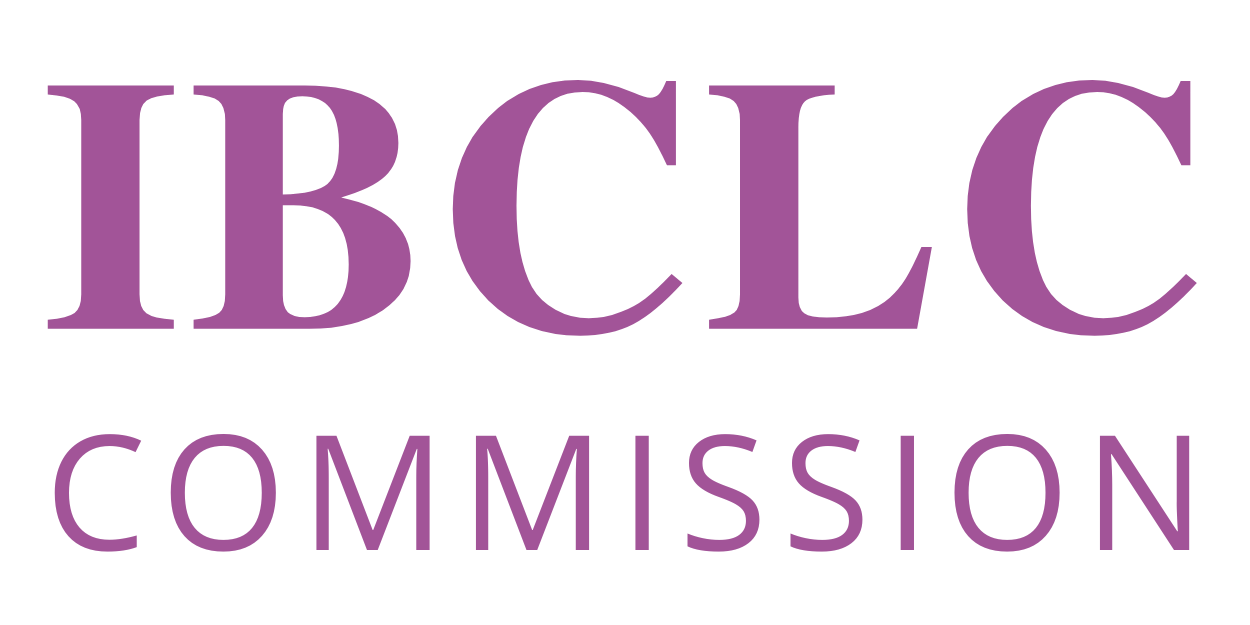Recertification by Examination:
- Applications for September 2024 IBCLC examination are now open!
- Apply for the September 2024 IBCLC examination through May 31, 2024.
Recertification by CERPs with Continuing Education Self-Assessment (CE Self-Assessment):
- The CE Self-Assessment is currently available to IBCLCs due to recertify in 2024 – 2027 here.
- You may only take the CE Self-Assessment once during a five-year recertification cycle.
- 2024 Applications to recertify by CERPs, following the completion of the CE Self-Assessment, are now open!
- Apply to recertify by CERPs by September 30, 2024.
To apply for the IBCLC examination or to recertify by CERPs in English, German, or Spanish, please go to our online credential management system. Applications in other IBLCE languages are available via online form on your language page.
To take the CE Self-Assessment in all IBLCE languages, please visit the CE Self-Assessment Dashboard.
Learn more about using IBLCE’s online credential management system and CE Self-Assessment Dashboard.
All IBCLCs have an account in IBLCE’s online credential management system and the CE Self-Assessment Dashboard. Your username is the email address associated with your IBCLC account. Please do not create a new account—you will not be able to apply to recertify with a new account. Learn more about using these systems here. Contact your regional location for assistance if needed.
